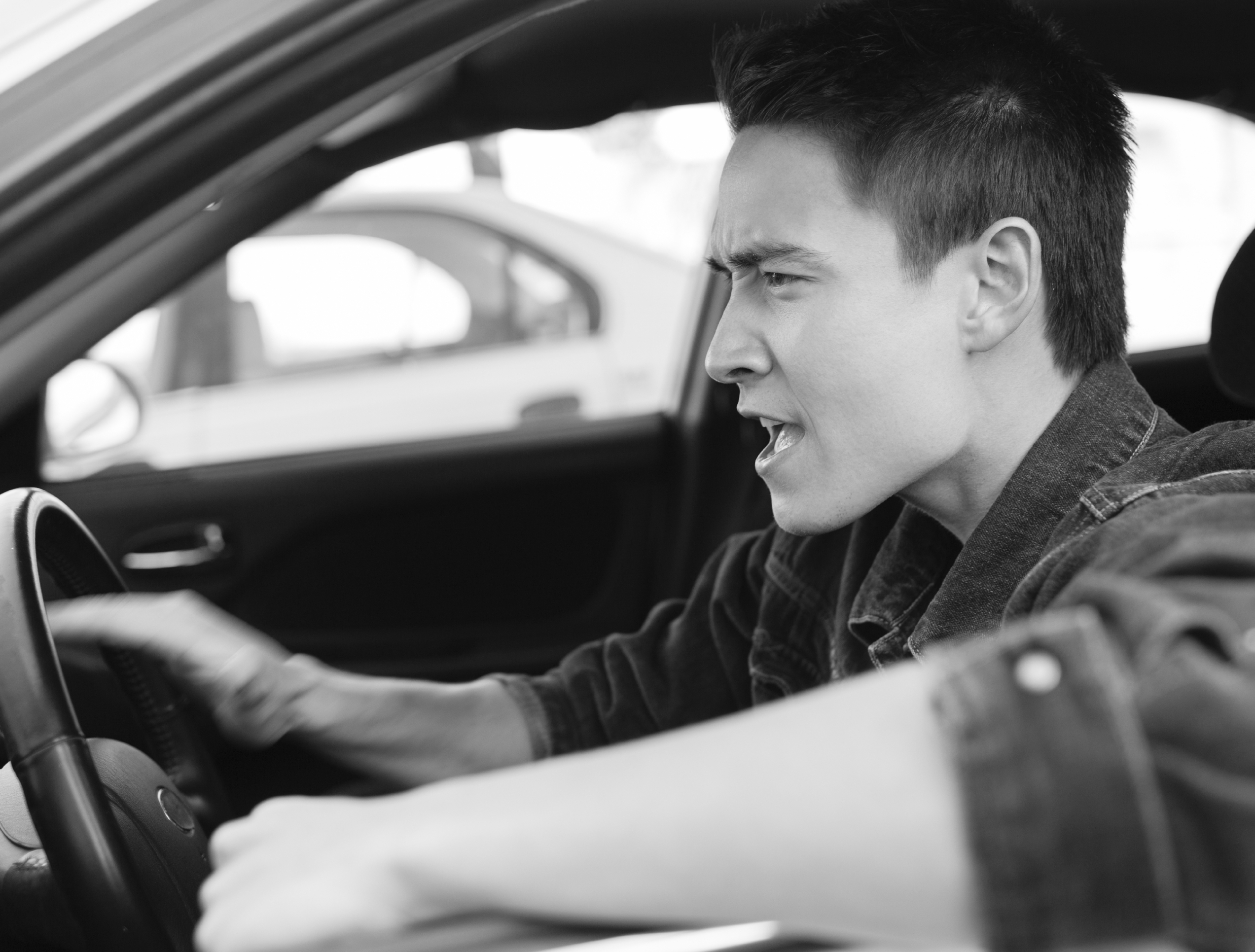
Fast forward to today. More people live in Austin, the city itself is continuing to expand and yet, the number of DWI’s have actually decreased in spite of the city’s expansion. Uber and Lyft’s ridesharing companies have been godsends for Austin residents. Then, why is Austin City Council trying to force Uber and Lyft out of the city.
Since the ridesharing companies came to Austin, the number of drunk driving cases have dropped by more than 25 percent, as of 2014. Though the numbers for drunk driving accidents and DWI arrests in 2015 have not been totaled yet, it’s safe to say the numbers may hold steady or, even better, continue to decrease in spite of Austin’s rapid growth. The Austin City Council, however, does not seem to want to acknowledge this and voted to impose ordinances that may very well push Uber and Lyft out of Austin.
Why Are Uber and Lyft Threatening to Leave Austin?
Beginning February 1st, any Uber or Lyft driver in Austin will need to undergo a fingerprint background check. This new ordinance has been the point of contention between the city and the two ridesharing companies since the two arrived in Austin, and both have threatened to leave the city if the ordinance passed. Lyft and Uber drivers, who often work 20 hours a week or less, are the foundation of the two companies. Forcing the drivers to undergo fingerprinting is likely to dissuade them from signing up. For Austin, this would likely create a downward spiral. Fewer available drivers would mean fewer available rides to those late-night party-goers, which means more drunk drivers on the roads.
Moreover, a background check for prospective drivers already exists when drivers sign up with Uber and Lyft. Both Uber and Lyft say these current background checks are sufficient and that fingerprinting background checks would likely yield discriminatory results for drivers who were either acquitted or never prosecuted for minor crimes.
How Did Other Cities React to Ridesharing?
Austin’s reaction does not seem unusual in the face of this very new technology. Kansas City required either the companies or the drivers themselves to pay a fee to become a licensed driver. Salt Lake City tried to impose background check inspections. Hawaii imposed insurance regulations. All of these cities put the ball in Uber and Lyft’s court and, in most cases, Uber and Lyft took their ball and left. Most recently, San Antonio attempted to impose similar regulations. Both companies made good on their word to leave the city. San Antonio quickly backed down from the mandatory requirements.
According to records, one Austin councilmember stated “San Antonio caved to political pressure. I’m not going to be bullied.” However, most city officials seem to agree on the bigger picture. Austin Police Chief said “the worst thing that could happen would be to lose 10,000 options for our citizens at 2 in the morning.” He went on to say the benefits provided by Uber and Lyft far outweigh the concerns over fingerprinting (way to go, Chief!).
What Are Austinites Doing to Keep Ridesharing in the City?
Though the Council’s vote threatens to drive these ridesharing services out of town, Austinites are fighting back. Groups such as Austin Music People, ATX Safer Streets, TechNet and more have come together to create a Ridesharing Works petition that fights to keep ride-hailing apps. In the first 21 days, more than 65,000 signatures were collected. This means Austin’s City Council will be forced to either adopt ridesharing or put it to a public vote (how’s that for political pressure?).
The fact of the matter is keeping ridesharing in Austin is common sense. With more accessible transportation, Austinites are safer in the hands of sober ridesharing drivers. Thanks to the Ridesharing Works petition, Austin voters can undo the City Council’s mistaken attempts to drive out these companies and keep ridesharing available to everyone.
Aaron Allison is a personal injury attorney who assists victims of drunk driving and other accidents in the Austin area.





